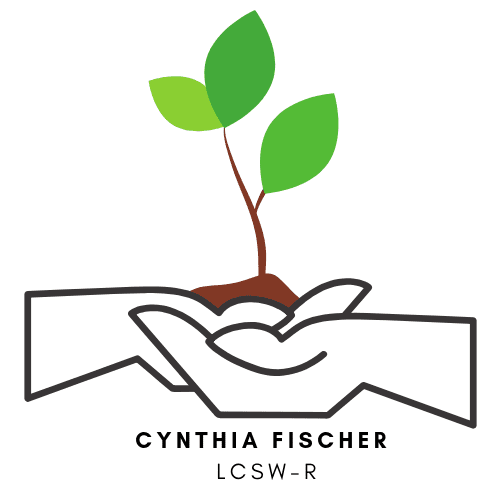This Ain't Your Children's Time Out
Perhaps nothing is as disastrous to a relationship as two adults who are trying to resolve issues when they are too upset. The problem is that most of us, when extremely upset, want to address everything immediately! This is of course understandable. When we are angry, hurt or longing, we want fast relief from our often overwhelming feelings. We want to be able to get things off our chests, to be heard and to be understood. In this heightened emotional state we want apologies and accommodations, we want understanding and support, and very often, we just want to be the one in the right.
Unfortunately the odds of having a healthy and constructive conversation while in the middle of emotionally driven and often irrational behavior, is pretty low. When we resort to criticizing, ignoring, being sarcastic, saying hurtful things, being overly dramatic, raising our voices, and/or yelling it doesn’t get us what we what out of the conversation. In fact, it moves us much further away from getting it. Our partners often become either angry, defensive, or hurt. Frequently they shut down in some way. This results in our partners registering only their own needs, not ours.
To make matters worse, the things that are said in the middle of such exchanges are often not forgotten, instead leaving small invisible scars on each others psyche to be ripped open again during the next heated exchange. As the scars accumulate, so does the emotional distance between partners. In most cases, to even begin to feel heard or have any needs met in a relationship, you've got to wait until you can discuss things from the part of the brain that is considered more rational.
You have to take a time out.
“You've got to move from the more reactive amygdala to the more rational prefrontal cortex.”
- modified excerpt Ali Crum, Phd. Assistant professor of psychology, Stanford University
This takes most people anywhere from 20 minutes to 24 hours, as the body needs time to recover from the fight-or-flight response caused by activating hormones like cortisol and adrenaline. When we get that upset those chemicals flood our body. The important thing to remember during this process is to communicate to your partner you're going to take some time to regroup before you engage again, how long your timeout will be, and to return to your partner at said time. If you end up needing more time then you originally stated, still reconnect with your partner and let them know that you need more time. This open communication between partners is key so there is no feelings of disrespect and/or abandonment. And if we take the time to invest in self care for a little while, and then return to the interaction, the likelihood is that not only will the couple be able to more rationally discuss the situation, but they are significantly more likely to come to resolutions.
It is when we thoughtfully come into our discussions that we can truly begin a process of knowing each other.
It is in that process that we have hope.
Maybe our kindergarten teachers were onto something.
If this article resonates with you and your kindergarten teacher is unavailable, you can call me by clicking the button below.
